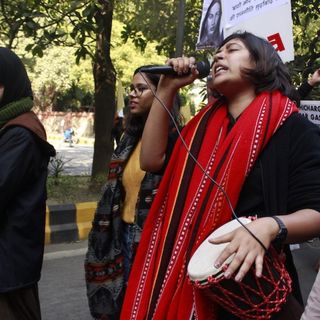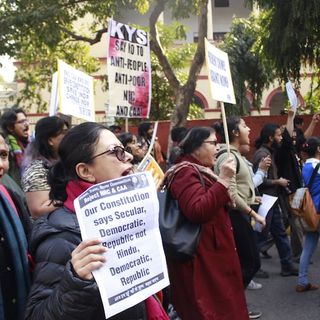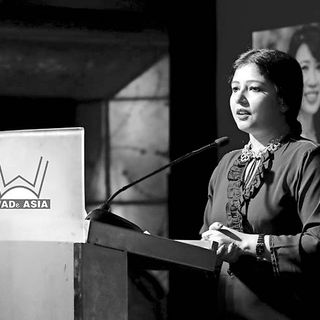Ninety five women politicians received one million problematic or abusive mentions on Twitter between March and May 2019, during the General Elections, according to a new study by Amnesty International India (AII). That’s 10,000 problematic and abusive tweets directed at these women every day, or for a starker picture, 113 tweets per woman per day.
Titled “Troll Patrol India: Exposing Online Abuse Faced by Women Politicians in India,” the first-of-its-kind study tracked digital abuse leveled against women politicians on Twitter by analyzing 114,716 tweets over a period of three months in 2019. 13.8% of these tweets were ‘problematic’ (hurtful or hostile) or ‘abusive’ (promoting violence or threatening), the study found. For a reference point, a 2017 study of millions of tweets directed towards 778 women journalists and politicians from the U.K., and the U.S.A. found 7.1% of tweets to be problematic or abusive.
In the latest study, with the help of volunteer ‘decoders,’, AII sorted lakhs of tweets directed at 95 women politicians, based on questions about whether the tweets were problematic or abusive, and if so, whether they revealed misogynistic, casteist or racist abuse, or other types of violent threats.
Related on The Swaddle:
How Our Digital Spaces Came To Be Unequal and Unsafe For Women
The study found that one in every seven tweets directed towards these women was problematic or abusive; one in every five tweets was sexist or misogynistic. “People should know what women in politics endure, what they have to put up with, and how unequal it becomes for them,” Shazia Ilmi, a member of India’s ruling Bharatiya Janata Party (BJP) in the study.
Confirming the intersectionality of oppression, the report also found that the more marginalized the politician, the higher the frequency of problematic and abusive tweets. The seven Muslim women among the 95 experienced 55.5% more problematic or abusive content compared to others. 26.4% of these tweets contained ethnic or religious slurs, nearly twice the rate of trolling for Hindus. “I was told that ‘I have no right to speak as a Muslim woman.’ Rape threats were routine, as were character assassinations, insinuations about my sexual relationships with older men,” the report quoted Hasiba Amin, INC’s national convener, social media, as saying. Women politicians from marginalized castes (19 of 95) also received 59% more caste-based slurs than women from general castes or whose castes were unknown, leading AII to conclude that “caste identity is more often than not, a key element of problematic or abusive content for women belonging to marginalised castes.”
Most of the analyzed tweets were in English, though the study noted tweets in Hindi tended to be more abusive in nature. “Considering India’s linguistic diversity, Twitter should ensure coverage not only of India’s main languages but also regional languages, with due focus on mixed language tweets where native scripts are used alongside Latin scripts,” AII suggests as a solution, along with Twitter ensuring there is no discrimination on any grounds on its platform and that it tracks women’s abuse regularly.
“Twitter must reaffirm its commitment to providing a ‘safe space’ to women and marginalized communities” as it intended to at inception, the AII report says, concluding “until then, the silencing effect of abuse on the platform will continue to stand in the way of women’s right to expression and equality.”




